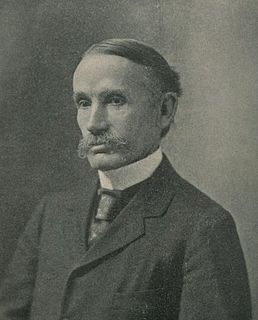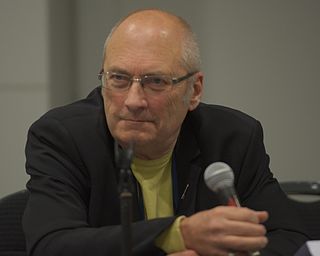A Quote by Henry Adams
Society is immoral and immortal; it can afford to commit any kind of folly, and indulge in any sort of vice; it cannot be killed, and the fragments that survive can always laugh at the dead.
Related Quotes
The decisions we make, individually and personally, become the fabric of our lives. That fabric will be beautiful or ugly according to the threads of which it is woven. I wish to say particularly to the young men who are here that you cannot indulge in any unbecoming behavior without injury to the beauty of the fabric of your lives. Immoral acts of any kind will introduce an ugly thread. Dishonesty of any kind will create a blemish. Foul and profane language will rob the pattern of its beauty.
Turkish society is divided not only culturally but also politically. You're either conservative or progressive. Islamist or secular. Right wing or left wing. This kind of division can be seen in any society, but in Turkey, the problem is that we are losing any kind of connection between groups and any kind of desire to understand one another. The groups hate each other and they are demolishing all bridges between themselves. So society is divided strictly.
Generations of women have sacrificed their lives to become their mothers. But we do not have that luxury any more. The world has changed too much to let us have the lives our mothers had. And we can no longer afford the guilt we feel at not being our mothers. We cannot afford any guilt that pulls us back to the past. We have to grow up, whether we want to or not. We have to stop blaming men and mothers and seize every second of our lives with passion. We can no longer afford to waste our creativity. We cannot afford spiritual laziness.
I feel like if you know any women who's an essayist or a writer or a public speaker or just a public person, and they have any presence at all in any kind of social media, or any place where men can voice at them, you have to be pretty amazed at the level of special provocation and sort of violent speech and misogyny that comes at them. Any woman that's really in the public sphere has experienced this. It's kind of shocking how universal it is.
It was a time of madness, the sort of mad-hysteria that always presages war. There seems to be nothing left but war--when any population in any sort of a nation gets violently angry, civilization falls down and religion forsakes its hold on the consciences of human kind in such times of public madness.







































